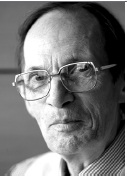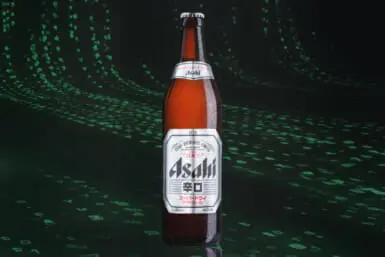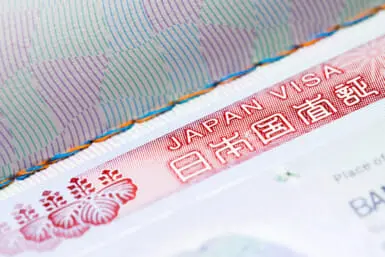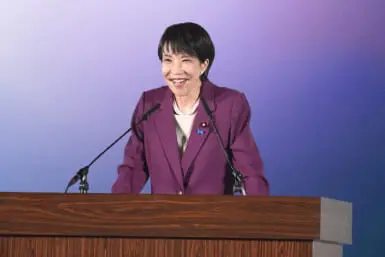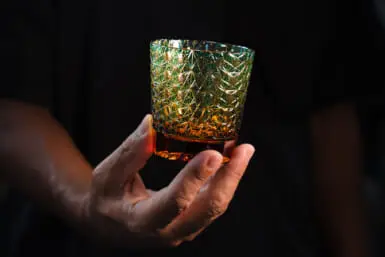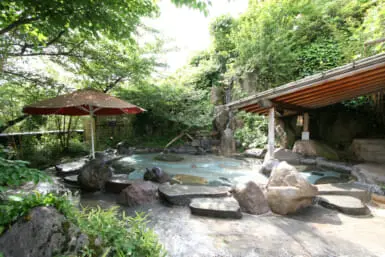No doubt, with those solemn anniversaries approaching once again, it is time to revisit the question of the morality of the bombings. Aug. 6, 1945, saw the atomic bombing of Hiroshima, and Aug. 9 that of Nagasaki. Lest we forget. Unfortunately, heaven help us, we mostly do just that. We let our attention drift away—even deliberately so. We want to avoid trying to work it out.
Very well, then. At the risk of being thought unduly earnest, let me say it out loud: the nuclear attacks on those two cities were crimes, on a scale of a million to one—in comparison with anything else, any other act of war in all history. I am sorry if that sounds over-simple, but there you are. It is what I believe.
How could we—the Allies share responsibility—do that? We all remember the conventional justifications. I am not going to bring them up here. The straight question is still proper. How could we do that? Our scientists knew roughly what would happen, assuming that the weapons went off—and still we went ahead.
Let me say a little bit about myself. I was brought up in a Quaker family in England. Some of my family on my mother’s side were pacifists. They were people who thought that war is sinful. What this boiled down to, in practice, was that one of my uncles served as an ambulance attendant in World War One; and my eldest sister did war relief in Germany after World War Two.
But my parentage is complex. My father was an army officer in wartime. He served in two world wars—all the way through the first one, then briefly at the War Office in the second one, until he was sent home to manage the family business, making wool sheepskin-lined boots for airmen among other items.
He and my mother made an unusual couple—she a Quaker, and he a Catholic with some Irish blood. My dad earned the Military Cross in action, though he never told me exactly how—and I feel good when I pass in front of his old regimental headquarters in the center of Winchester in the UK.
I learned from him—Dad was a Latin and Greek scholar, as well as being an outstanding hands-on businessman—that there is nothing so uncalled for as a naive pacifist belief in turning the other cheek. The other side may take advantage of you.
Still, he joined as a Quaker. It is a unique Ghristian sect (it greatly appealed to some Japanese after 1945, including, for a time, the Imperial Household). Quakerism was founded in England by George Fox, an inspired visionary; and it immediately spread across the Atlantic in the 17th century—in fact this resilient faith, which emphasizes good deeds, became an element in the American revolution.
To this day, our West Country family has an American wing. My mother’s ancestors were practical people, and they prospered. They emerged as dominant players in several manufacturing industries—they had names such as Cad bury, Fry and Clark, the last being our relatives.
These ancestors were denied entry to the universities or to the professions, and they developed specialties in manufacturing, such as chocolate-making and shoe manufacture—darks is a brand to reckon with still.
Quakers—or Friends, as we refer to each other—were always outstanding in opposition to war, of course. The Vietnam war was a first case in point in my adult life. Harold Wilson, our P.M. at the time of that war, declined all U.S. appeals to join in. But American Friends were among those who most sincerely—and in their usual quiet way—raised questions about the morality of the war in Vietnam (and Iraq), and went to Hanoi, to try to serve as peace intermediaries.
I mention all of the above, as you may need to know where I am coming from, as regards Hiroshima and Nagasaki. To anyone with my background, the bombings were the great errors of a century that was marred by history’s first world wars. Those mushroom clouds rear up, obscenely, in all of our minds.
How could President Truman have said OK, go ahead? Well, he accepted his people’s assertions that he was saving an incalculable number of American lives by shortening the war. Gosh, I wish he had test-fired the weapons over Tokyo Bay—I agree with those who say that—rather than doing what he did.
What, then, can we do to be constructive? I would like to create a foundation that encourages Japan—via the media—to be international, to open itself and let in some fresh air. Is this a pipe dream? Normally, those who create foundations do so with Money. Well, I shall give some attention to that.
Updated On April 11, 2017

